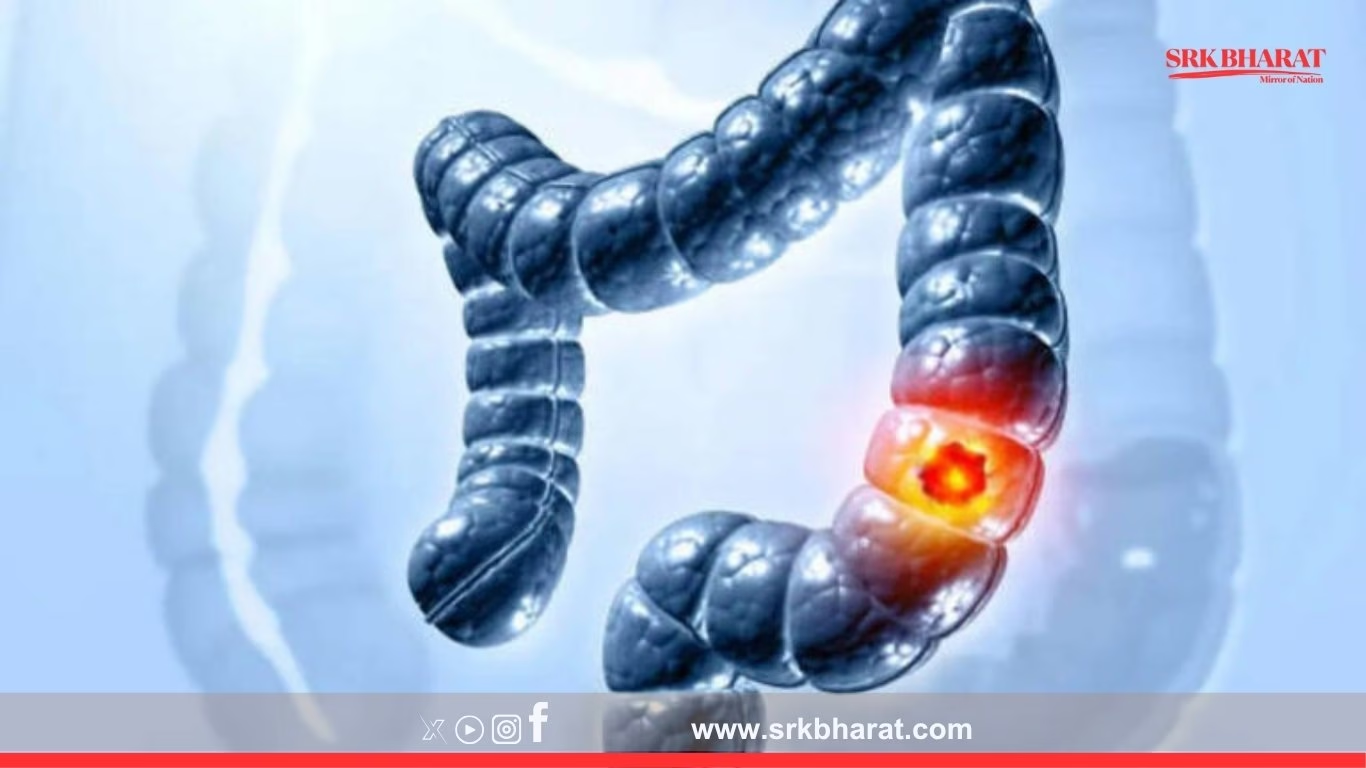Cholesterol often gets a bad reputation, but it plays a vital role in maintaining overall health. While excessive levels can lead to heart disease, cholesterol is essential for cell repair, hormone production, and digestion.
What Is Cholesterol & Why Does Your Body Need It?
Cholesterol is a fat-like substance found in every cell of the body. It helps:
- Build & Repair Cells: Cholesterol is a key component of cell membranes, ensuring structural integrity.
- Produce Hormones: It aids in the production of estrogen, testosterone, and cortisol, essential for bodily functions.
- Support Digestion: The liver uses cholesterol to create bile, which helps digest fats.
- Generate Vitamin D: Sunlight triggers cholesterol in the skin to produce vitamin D, crucial for bone health.
Types of Cholesterol: The Good vs. The Bad
- Low-Density Lipoprotein (LDL): Often called “bad” cholesterol, high LDL levels can lead to plaque buildup in arteries, increasing the risk of heart attack and stroke.
- High-Density Lipoprotein (HDL): Known as “good” cholesterol, HDL helps remove excess LDL from the bloodstream, reducing heart disease risk.
How to Maintain Healthy Cholesterol Levels
- Eat Heart-Healthy Foods: Include fiber-rich fruits, vegetables, and whole grains while avoiding trans fats and processed foods.
- Exercise Regularly: Physical activity boosts HDL levels and lowers LDL cholesterol.
- Monitor Your Levels: Regular cholesterol screenings help detect imbalances early.
Understanding cholesterol’s role is key to preventing heart disease and maintaining overall well-being.
Stay tuned for more health insights and wellness tips! 🚀











